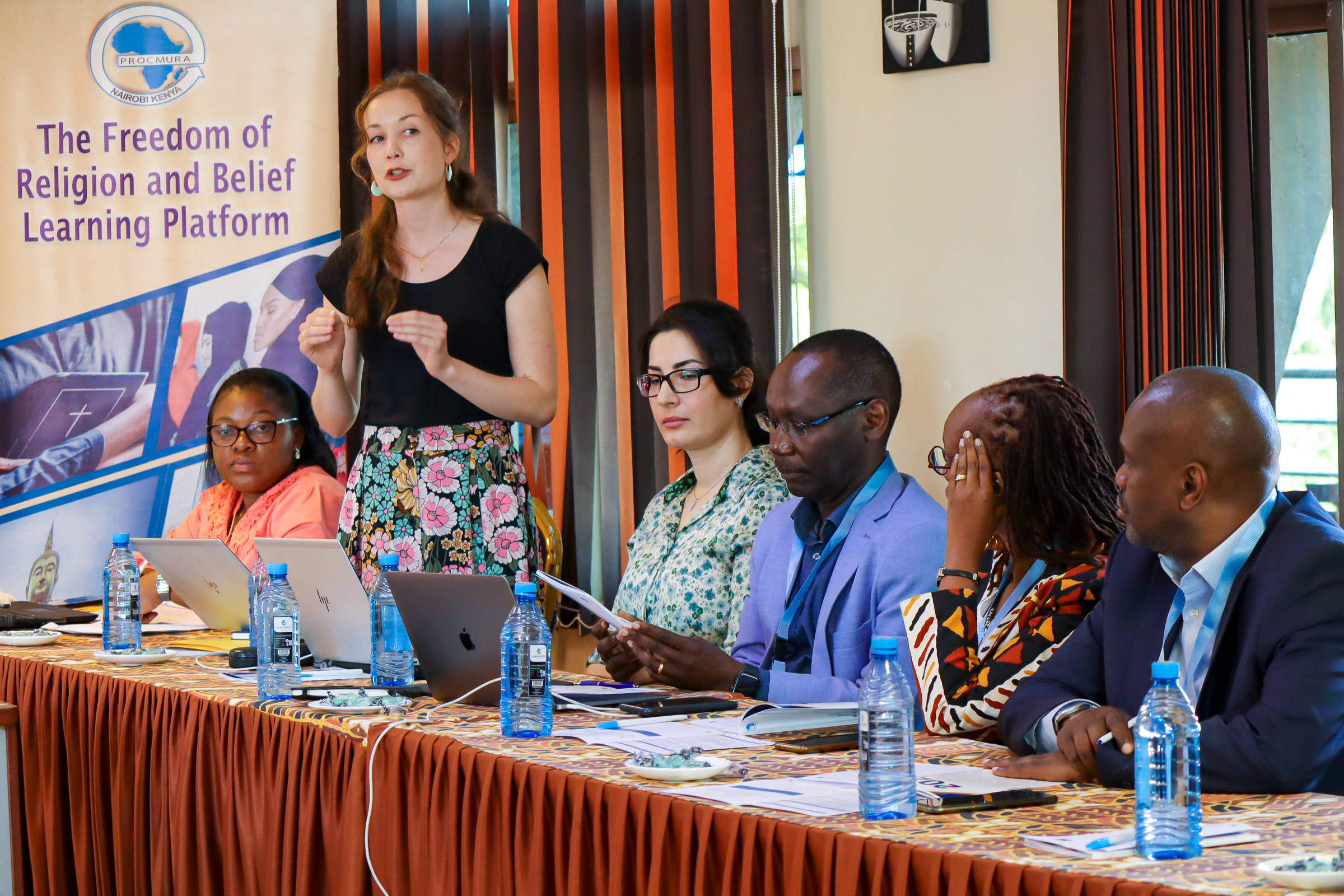
Sub-Saharan Africa, like most parts of Africa, is renowned for its deep cultural and religious diversity. With such a population comprising numerous cultural and faith communities, the question of the implementation of the Freedom of Religion or Belief (FoRB) holds immense significance in relation to people living together in harmony, peace and cooperation for sustainable development. The interplay between these diverse religions and beliefs can sometimes lead to tensions and conflicts. Moreover, extremist ideologies and sectarian violence threaten FoRB, undermining the peaceful coexistence of different religious groups in the same space.
Additionally, it is important to note that religious freedom for all is a universal right enshrined in international human rights instruments, and many countries in Sub-Saharan Africa have incorporated it into their constitutional frameworks. However, the practical realization of FoRB in this region has continually faced multifaceted challenges, including religious conflicts and violations, discrimination and restrictive legal frameworks that are seemingly stifling this very basic human right.
It is for this reason that The Programme for Christian-Muslim Relations in Africa (PROCMURA) has, through its unique approach, been advocating for the full implementation of this fundamental human right throughout Africa. PROCMURA has been joining hands with like-minded organizations and various stakeholders to protect and promote the freedom of religion for all across the continent, right from the country and regional levels, going up.
Recently, PROCMURA in partnership with the Stefanus Alliance International (SAI) convened and hosted Kenya’s FoRB Trainers Consultative Workshop under the Sub-Sahara Africa FoRB Trainers’ Network. Kenya has, in the recent past, experienced rising cases of FoRB-related violations and challenges. The workshop provided a platform for the stakeholders to explore challenges, opportunities, progress and strategies in promoting and protecting FoRB in Sub-Saharan Africa with a keen focus on Kenya.
At the same time, the workshop shed light on the efforts made and needed going forward to safeguard the fundamental human right to practice one's faith or belief without fear or discrimination.
While reiterating the fact that FoRB protects individuals and not religions, PROCMURA's Team Leader Ms. Joy Wandabwa reminded participants of the need and importance of proactively picking up and addressing FoRB-related violations that are mostly common at the grassroots levels where many people are vulnerable.
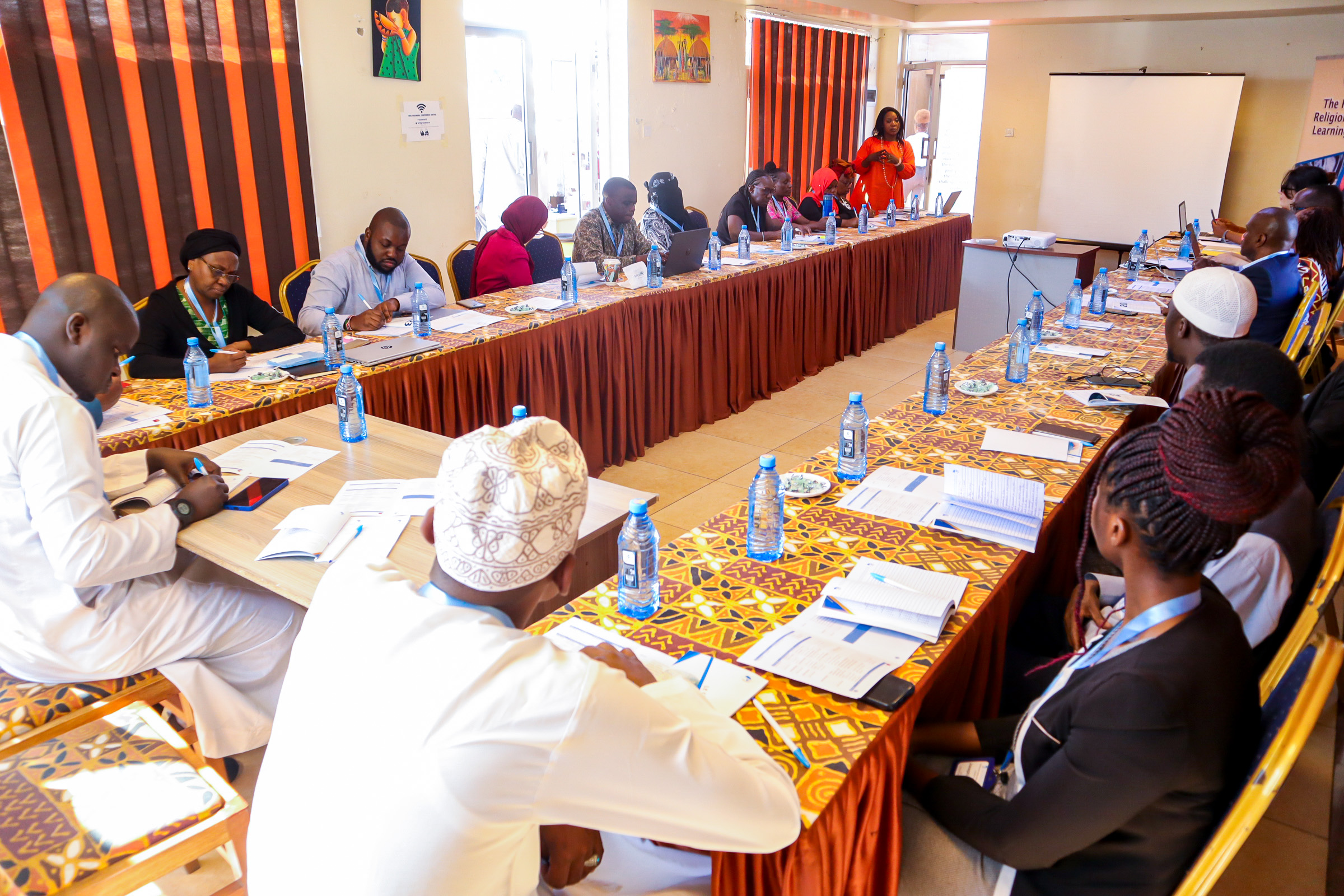
Additionally, she called on the various stakeholders to play a central role in continuously influencing and shaping policies in and around FoRB in Kenya in order to make sure that individuals' rights to freedom of religion.
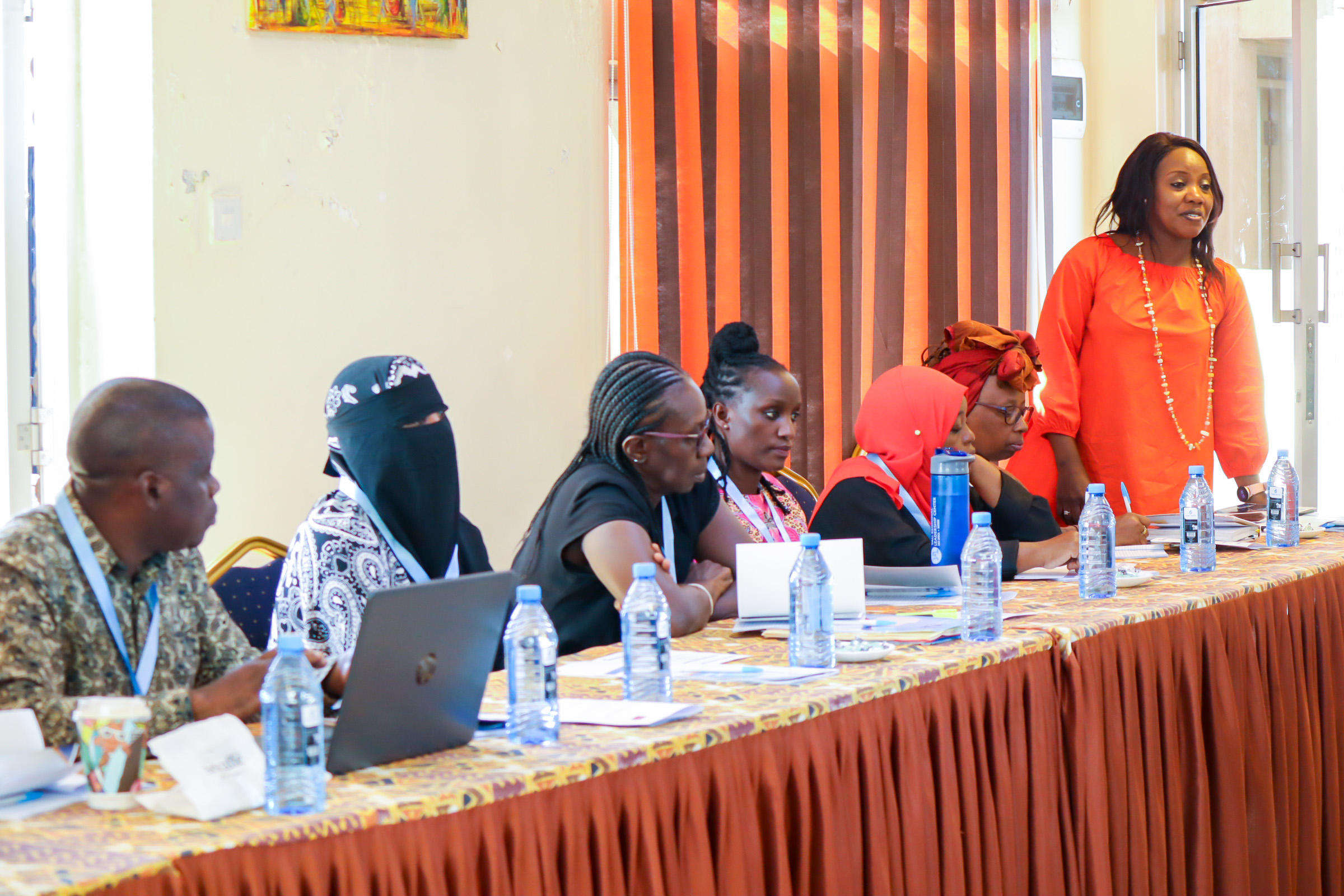
At the same time, the Human Rights Advisor of SAI Kristine Tveit Jordet commended PROCMURA for providing such a platform for stakeholders championing FoRB in Africa for experience sharing and peer-learning, challenged the participants to take up more FoRB training and going out of their way in making sure that people are not discriminated against based on their religion of choice.
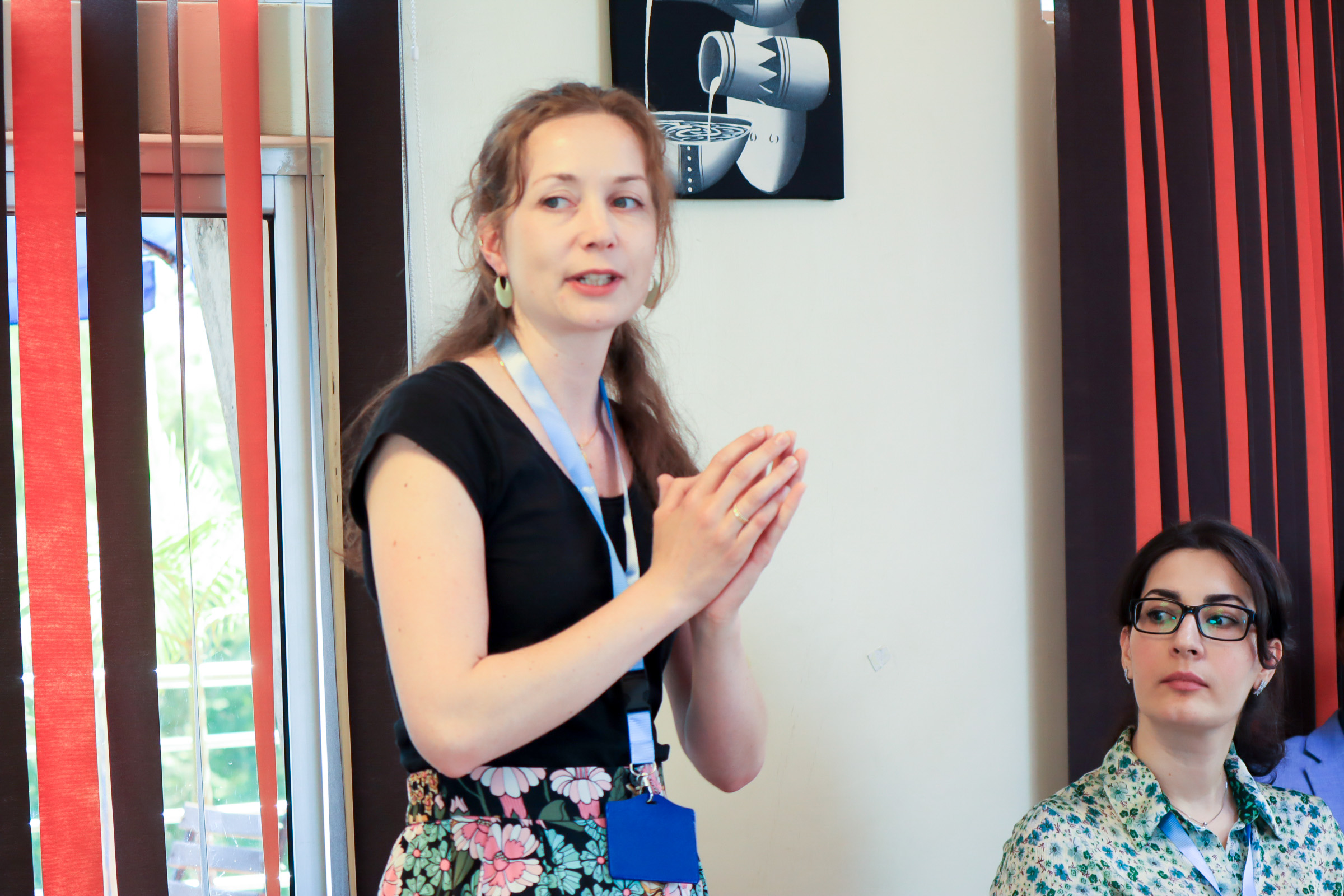
On his part, Mr. Fred Nyabera, a seasoned FoRB trainer and Director of Interfaith Initiatives at Arigatou International, guided discussions around FoRB violations in Kenya which has been experiencing a myriad of such cases touching on the freedom of religion for all.
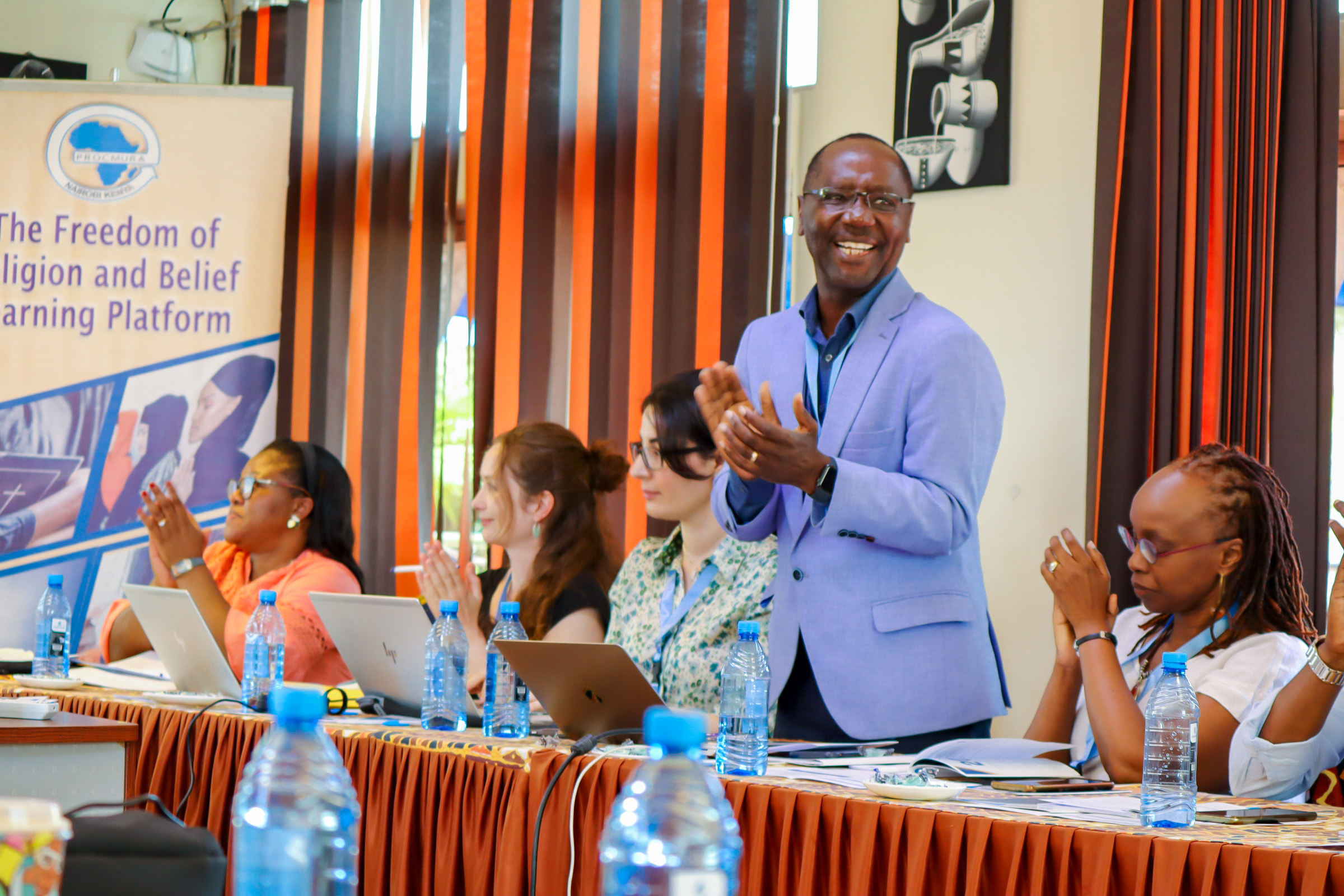
All participants unanimously agreed that the workshop couldn’t have come at any better timing given the recent happenings in Kenya on issues bordering FoRB, the situations, and the debate which partly informed the discussions during the plenary and focused groups discussions.

Kenya found herself in unfamiliar territories after a cult-like organization lured its members to fasting to death with the promise of ‘meeting with Jesus’ under the strict supervision of its leader. By the time of publishing this article, more than four hundred bodies had been exhumed from shallow graves in Shakahola, coastal Kenya, where the organization was based. Several others had been rescued and others, including their leader, taken into custody. This necessitated the Kenyan government to institute a presidential task force to come up with ways and policies that would eventually see the regulation of religious groups.
FoRB Kenya Chapter Country Coordinator Rev. Dr. John Bwire underscored the fact that discrimination against religious minorities, such as marginalization, exclusion, and violence, persists in certain areas. This hampers the ability of individuals from minority faiths to fully exercise their rights and participate in society on an equal footing.
However, amidst these challenges, positive strides have been made to promote and protect FoRB in Sub-Saharan Africa. Civil society organizations, religious leaders, and human rights activists have advocated for religious freedom and fostered interfaith dialogue. These efforts aim to create an environment of tolerance, respect, and inclusivity.
Moreover, PROCMURA's Programme Officer Rev. Dr. Salli Ndombo acknowledged regional and international initiatives, such as the Sub-Sahara FoRB Trainers' Network, platforms powered by PROCMURA, and collaborations between organizations like PROCMURA and Stefanus Alliance International, have played a pivotal role in raising awareness, capacity building, and promoting dialogue on FoRB issues.
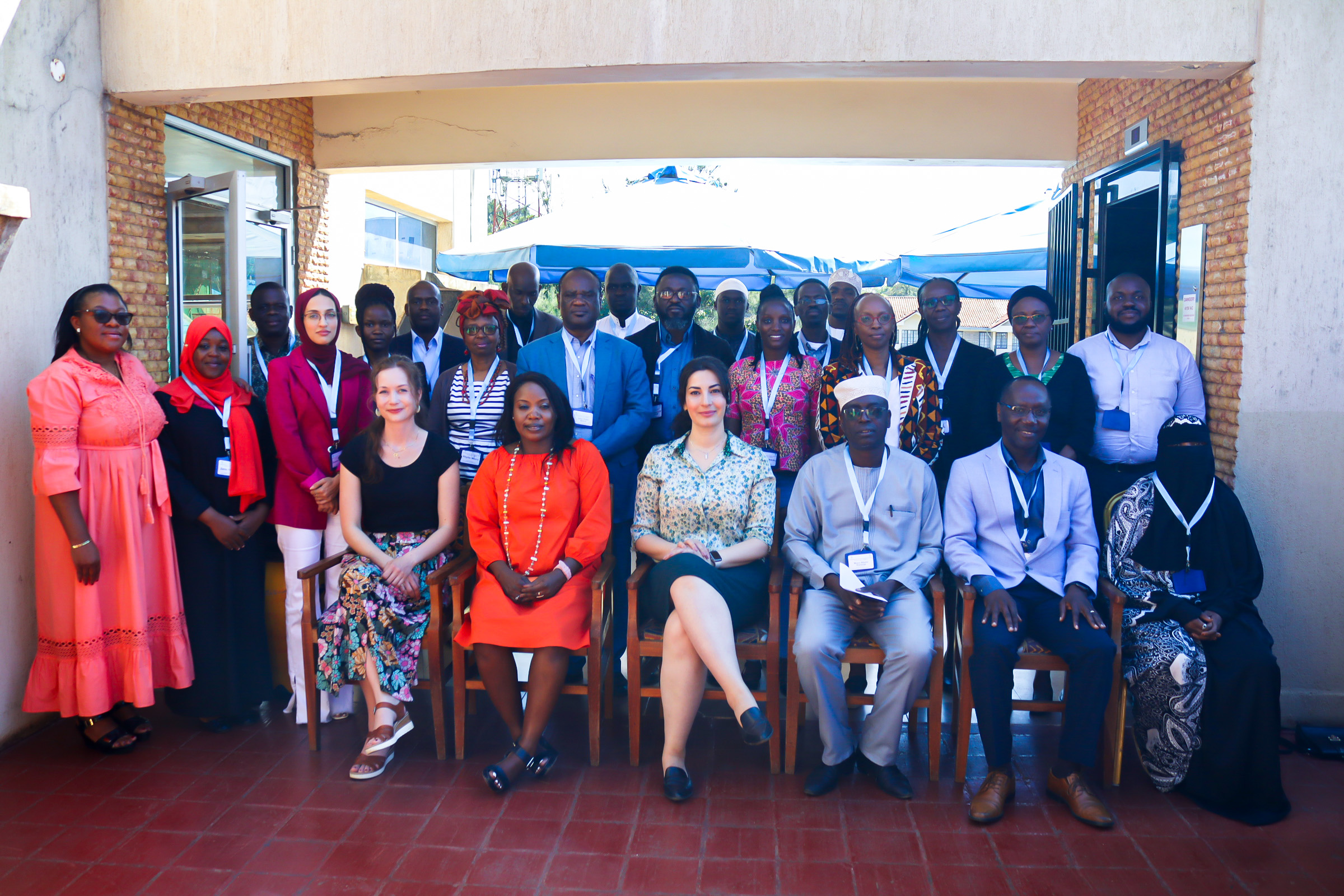
These initiatives have sought to empower individuals and communities to advocate for religious freedom and challenge discriminatory practices.
At the end of the training, the stakeholders committed came up with a policy paper that will inform policies and issues in and around religious freedom in Kenya to avert any other misuse of religious freedom to misinform, mislead and harm the people as has been witnessed in the Shakahola incident which the government has termed a massacre and an act of radicalization and terrorism.

